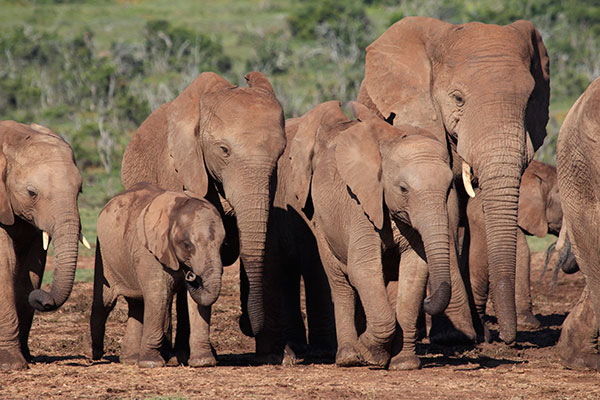
A shocking report by the Mara Elephant Project (MEP) has revealed that a total of 26 elephants have died in Maasai Mara National Reserve in the past three months.
According to the report, 11 of them have been poisoned with cyanide as a result of human-wildlife conflict.
In November alone, seven deaths were categorised as “unknown” but there was evidence pointing toward poisoning.
![]()
Mystery continues to surround the death of the 26 jumbos in the National Reserve that is managed by the Narok county government.
However, the poisoning of elephants could mean that they were targeted either for their tusks (poaching) or as retaliation after they invaded private farms and destroyed crops.
“Now, there is some evidence based on the location and circumstances of these unknown deaths that are pointing toward poisoning as a result of conflict retaliation, and there are some unknown deaths that point to pesticide poisoning,” reads the report in part.

Researchers suspect local communities, especially crop farmers, could have poisoned the jumbos that have been invading their farms and destroying crops.
“We’re looking for evidence that poison was used to kill the elephants. Other things we may find out include, if a strong pesticide was found in their system that may have resulted in the deaths,” the report states.
In September, the findings showed that three elephant carcasses were found in proximity of protected areas of the ecosystem. The findings further showed that five of the elephants during this reporting period died as a result of natural causes.
“But what’s disturbing is the rise in ‘unknown’ elephant deaths of which there are 11 of these cases in this reporting period. However, not all 26 cases were attributed to being mysterious,” said Mr Marc Goss, a MEP leader.

Mr. Gross further said that they would harmonise the monitoring of illegally killed elephants every quarter so that they can share the exact data publicly of how the elephants were killed.
The report indicates that MEP rangers in partnership Kenya Wildlife Service (KWS) took samples and sent them to a KWS lab for analysis.
During the post-mortem conducted by a Kenya Wildlife Service (KWS) veterinary identified as Dr Limo, there was no indication of disease. The KWS labs are yet to release a report on their findings.

Do you think the Kenya Wildlife Service officers are slacking when it comes to protection of wildlife in the country?